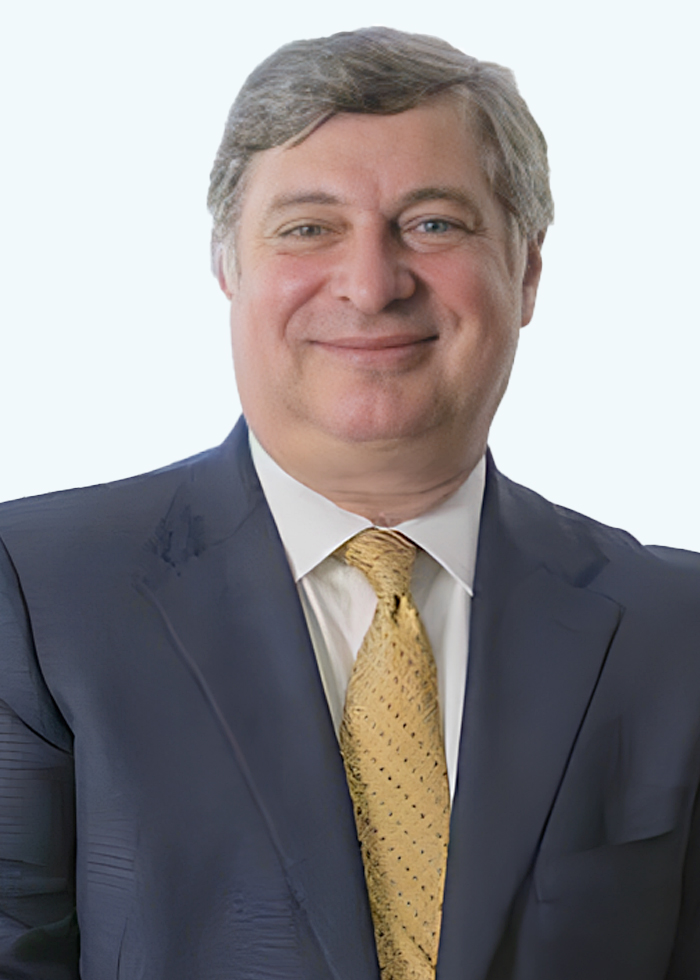written by Susanne Somersalo, Ph.D., Esq., patent attorney at Gearhart Law
It is now safer for foreign companies to enter the Russian markets— Russia modernizes its patent legislation
The IP laws in Russia have come a long way since the Soviet Union collapsed. The Soviet Union used to provide something that was called an Author’s Certificate to an inventor. However, inventions were state property and anyone could use the inventions without the author’s permission. The author, however, was entitled to a compensation for the exploitation of the invention. The maximum compensation was regulated by the laws.
The Russian Federation adopted a new patent law in 1991 which was based on the Soviet law. This law has since been amended twice and in October 2014 there was yet a new amendment which considerably improves the rights of inventors. From the perspective of foreign business owners, the amendments are especially important.
There are two basic ways to protect inventions in Russia: the invention may be protected by a patent or by a utility model. In addition to these two forms one can also protect a design.
The requirements for a patent have been similar to what we have in the United States, in that the invention has to be novel, it has to have an inventive step, and there has to be an industrial use for the invention. However, unlike the U.S. or European patent laws, the Russian law did not set any specifications as to what extent the claimed invention had to be described. The new law requires “sufficient description” which is similar to the US law requirement that the description be “enabling”.
A remarkable change in the law is the novelty requirement for the utility models. A utility model is very similar to utility models or petty patents in various other countries, such as Germany or China. A utility model is valid for a shorter period than a patent and it is usually examined and issued faster than a regular patent. What was the huge flaw in the Russian patent law, especially from the view point of a foreign company, was that only documents published in Russia were considered as prior art for utility models. This resulted in situations where foreign companies trying to enter Russian markets without patent rights in Russia got sued by Russian ‘trolls’ who had gotten rights in Russia by filing utility models for what the foreign companies had already patented or practiced outside Russia. This is now made impossible by amending the definition of prior art to include publications from anywhere in the world.
Another major change is the amendment regarding assignments and infringement. Firstly, the new legislation bans payment free assignments. In practice this means that there has to be some sort of consideration. Also the new law requires recordation of assignments and licenses.
Secondly, the new legislation improves the rights of the infringed party. From the beginning of 2015, the infringed party can ask not only for an injunction but also for compensation from the infringement act. The compensation has been limited to be between 10,000 and 5 million Rubles which equals to $300 -$150,000. This may not sound like much, but considering that before this there was no way to get compensation, this is a major change. Instead of an injunction the infringed party may also allow the infringer to continue using the technology with a license that has double the price that would usually be imposed in a similar case.
In conclusion, the amendments modernize the IP legislation of Russia and bring it into conformity with international norms. This modernization will help foreign companies to enter the Russian marketplace as well as help Russian companies and inventors to protect their intellectual property against infringers.

